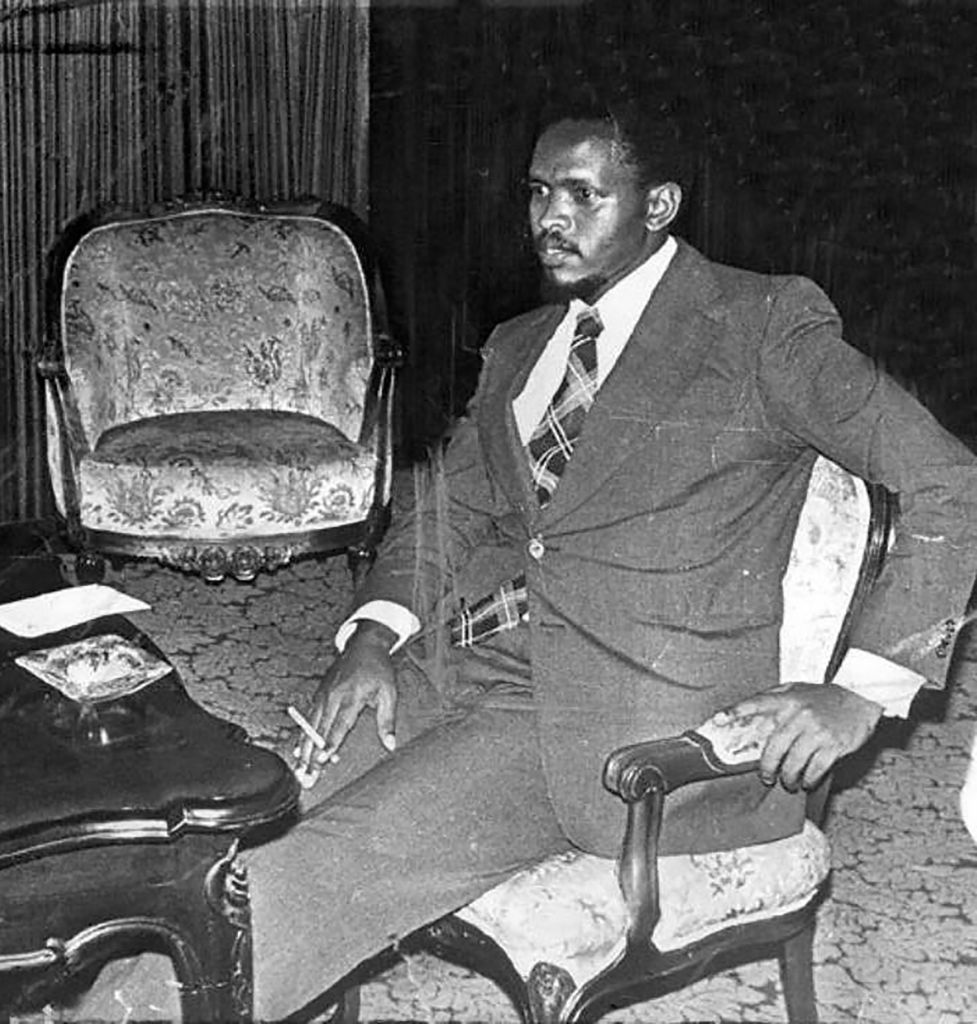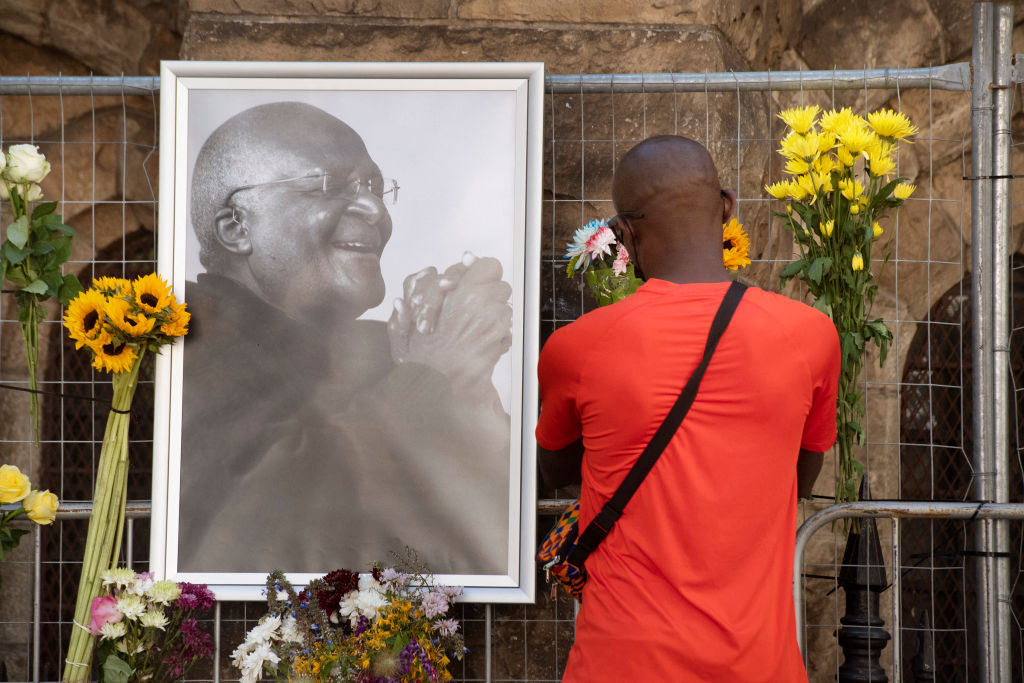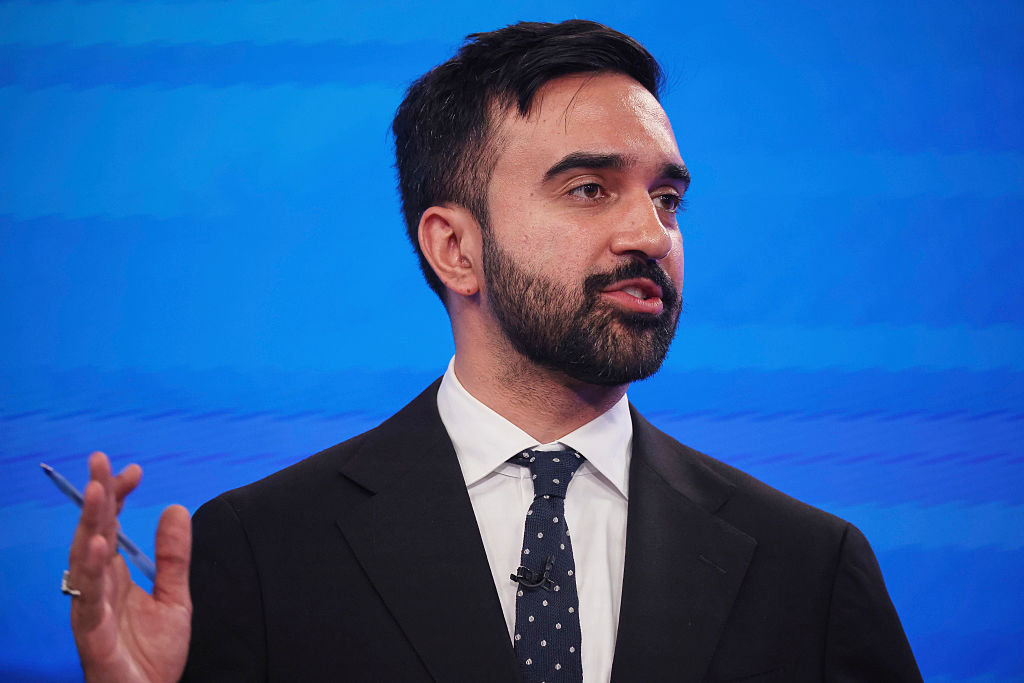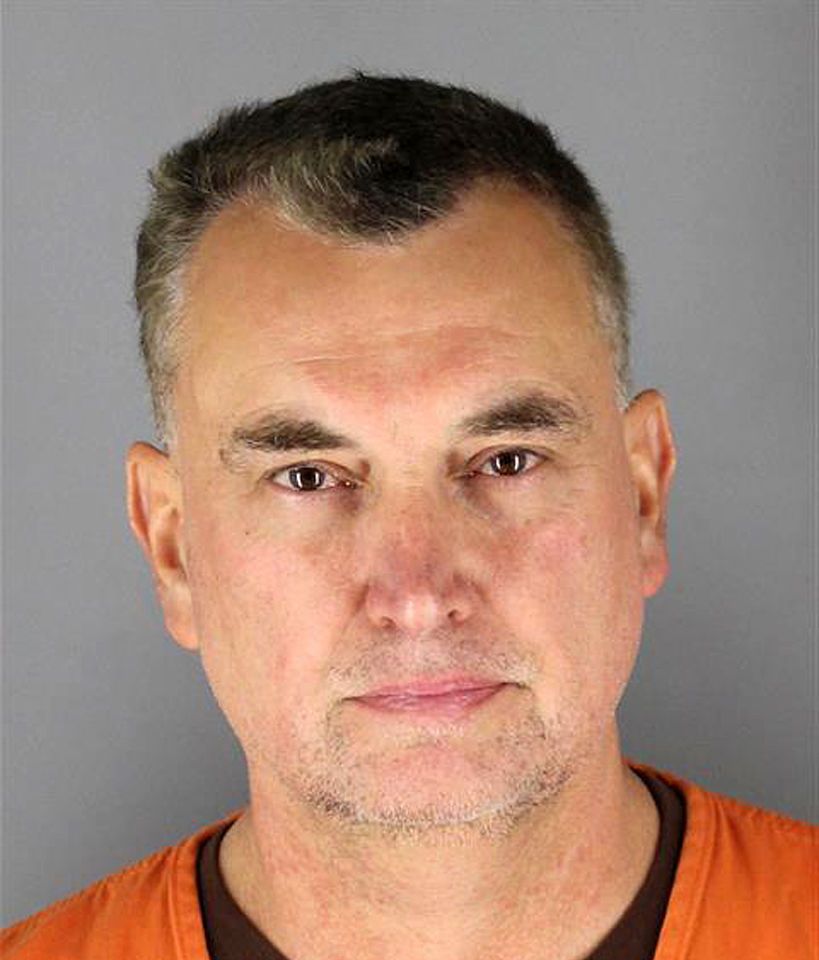Steve Biko Death: Anti-Apartheid Icon Killed By South Africa Police
Never Forget: Anti-Apartheid Icon Steve Biko Was Murdered By South African Police On This Day In 1977

This 1977 photo shows Black Consciousness Movement founder Steve Biko. | Source: – / Getty
UPDATED: 10:45 a.m. ET, Sept. 12, 2023
Originally published: Jan. 28, 2013
Legendary anti-apartheid activist Steve Biko died on Sept. 12, 1977, as a political prisoner who was murdered by the police in South Africa because he was against the country’s government-sanctioned racial segregation. Monday marks the 46th year since he was killed.
MORE: Steve Biko In His Own Words: Anti-Apartheid Icon’s Legendary Quotes Of Liberation
The suspicious details surrounding Biko’s beating death after spending hundreds of days in custody took two decades to finally come to light. Although South African officials rebuffed claims by Biko supporters that the killing was essentially a political assassination, four police officers ultimately confessed to their crimes.
Biko rose to infamy in the eyes of the South African government in the 1960s and 1970s alongside current human rights lawyer Barney Pityana as leaders of the Black Consciousness Movement (BCM), which rejected apartheid and the ideology of white domination in South Africa. Biko and the BCM attracted the ire of the Afrikaner government, and he was banned in 1973 from participating in political matters in a most extreme fashion by making it illegal for him to talk to more than one person at a time or speaking in public. Deemed a terrorist under South African law, Biko was arrested in August of 1977 at a police roadblock and then taken into custody.
Biko was interrogated and tortured for 22 hours, suffering a head injury that resulted in a coma.
Biko’s inhumane treatment continued into the following month after they stripped him naked and threw him to the back of a jeep and drove nearly 700 miles to the city of Pretoria in order to gain access to a prison with a hospital.
Near death during the journey, Biko succumbed to his injuries on September 12 at the age of 30.
Listen to Biko discuss Black unity and the Black Consciousness Movement here:
Police initially said the activist’s death was because of a hunger strike protest, but an autopsy revealed the cause of death to be a brain hemorrhage due to blows to the head. Many of Biko’s supporters — as well as external media — suspected foul play in Biko’s untimely death.
International protests arose over Biko’s death, including a U.N.-imposed embargo on arms. A reported 10,000 people attended his funeral, which included world leaders and the like. But who truly exposed the sordid machinations of the case was a white journalist and friend of Biko, Donald Woods, who took photos of the activist’s injuries in the morgue and fought to expose the case as murder. Because of his work, Woods was targeted by the government and thus fled to England. He later penned the book “Biko,” which formed the basis for the 1987 film, “Cry Freedom,” starring Denzel Washington and Kevin Kline as Biko and Woods, respectively.
As expected, the government would not prosecute the officers and later gave the Biko family $78,000 as compensation for his death. In 1995, after majority rule was passed to Black South Africans, the Truth and Reconciliation Commission was created to investigate apartheid-related abuses over the duration of the racist regime. In a clever but underhanded strategy, outgoing white government members asked the Commission to grant them amnesty for those who confess their past crimes as a condition of the power transfer.
Bishop Desmond Tutu was the head of the Commission, but it was frowned upon by many for its propensity to grant pardons to pro-apartheid whites.
Police Colonel Gideon Nieuwoudt and four other officers confessed to their crimes in front of the Commission on this day in 1997, promptly applying for amnesty. Although a New York Times piece reported that Biko’s widow, Ntsiki Mashalaba, had finally gotten some closure on the death of her husband, she was fearful that justice would not be served.
The officers were later denied amnesty in 1999.
Biko’s legacy lives on among South Africans and others across the globe who revered his call for Black solidarity and pride in the face of oppression. He has been honored in songs by the likes of Peter Gabriel, Beenie Man, and A Tribe Called Quest.
Listen to A Tribe Called Quest’s “Steve Biko (Stir It Up)” below.
Biko’s grave is housed in King William Town, a place where he was banished by the government as a means to silence him. It is fitting that his name is associated with groups and organizations that fight for the voiceless and powerless, all while being continually honored by college buildings and hospitals the world over that name their facilities after him.
While justice was stalled in the case of Steve Biko, his soul can rest easy knowing that his slogan “Black Is Beautiful” still resonates in the minds of his people and abroad.
SEE ALSO:
10 Black Political Prisoners Who Transformed The Ongoing Fight For Freedom
Tributes Pour In For Randall Robinson After Anti-Apartheid Icon And TransAfrica Founder Dies At 81
















